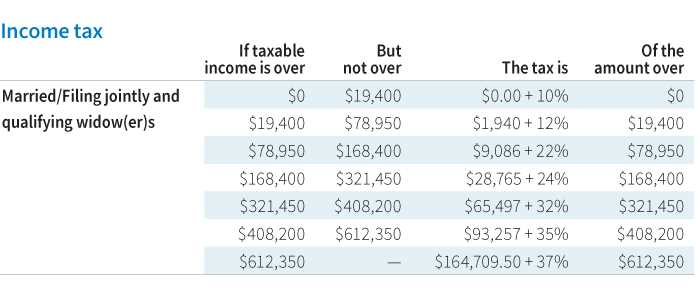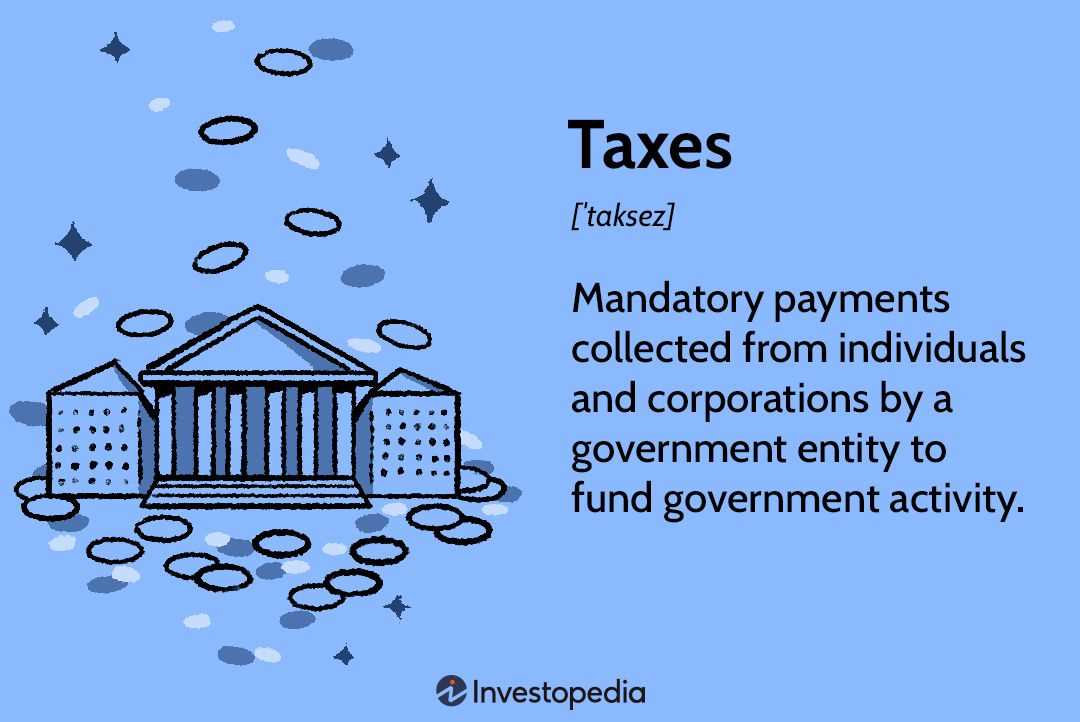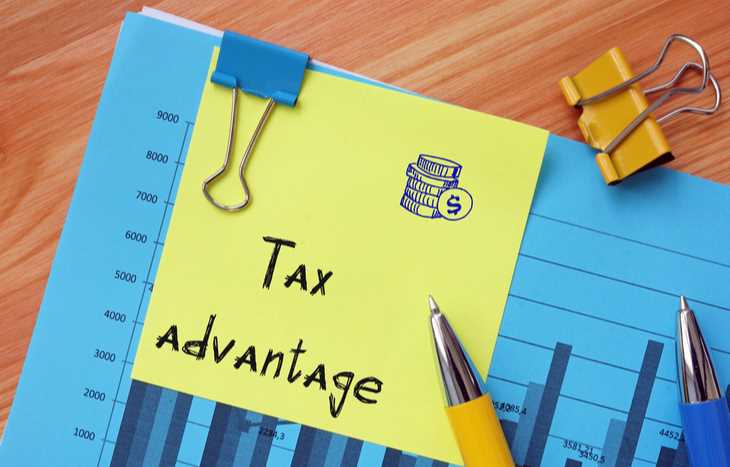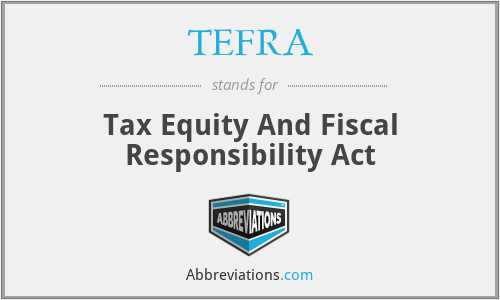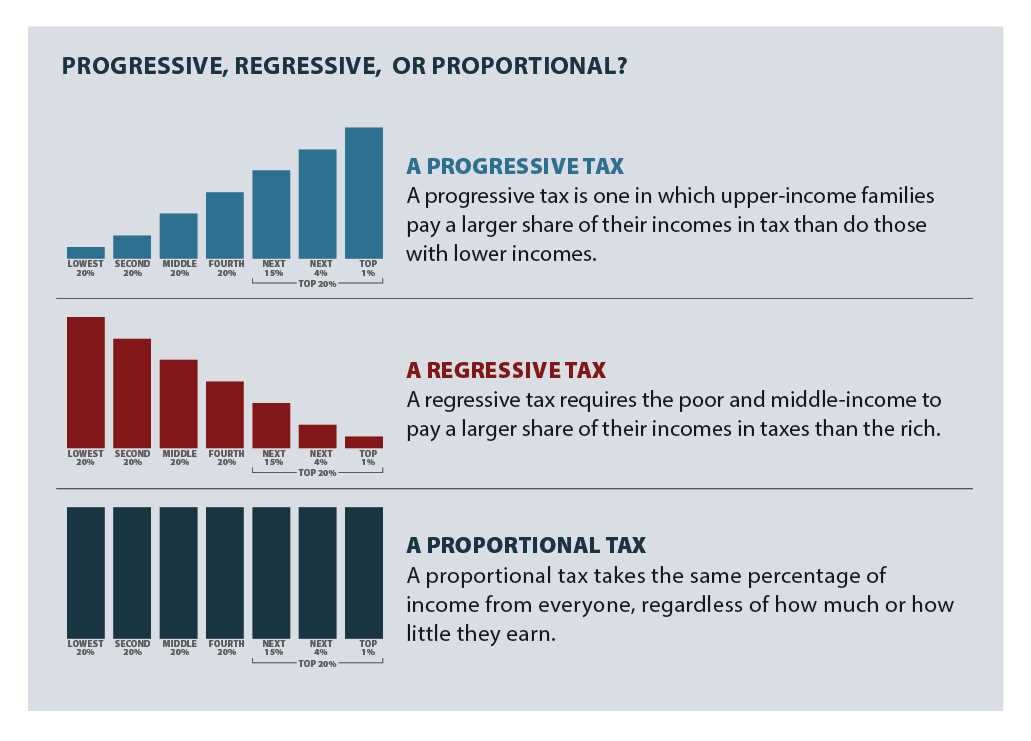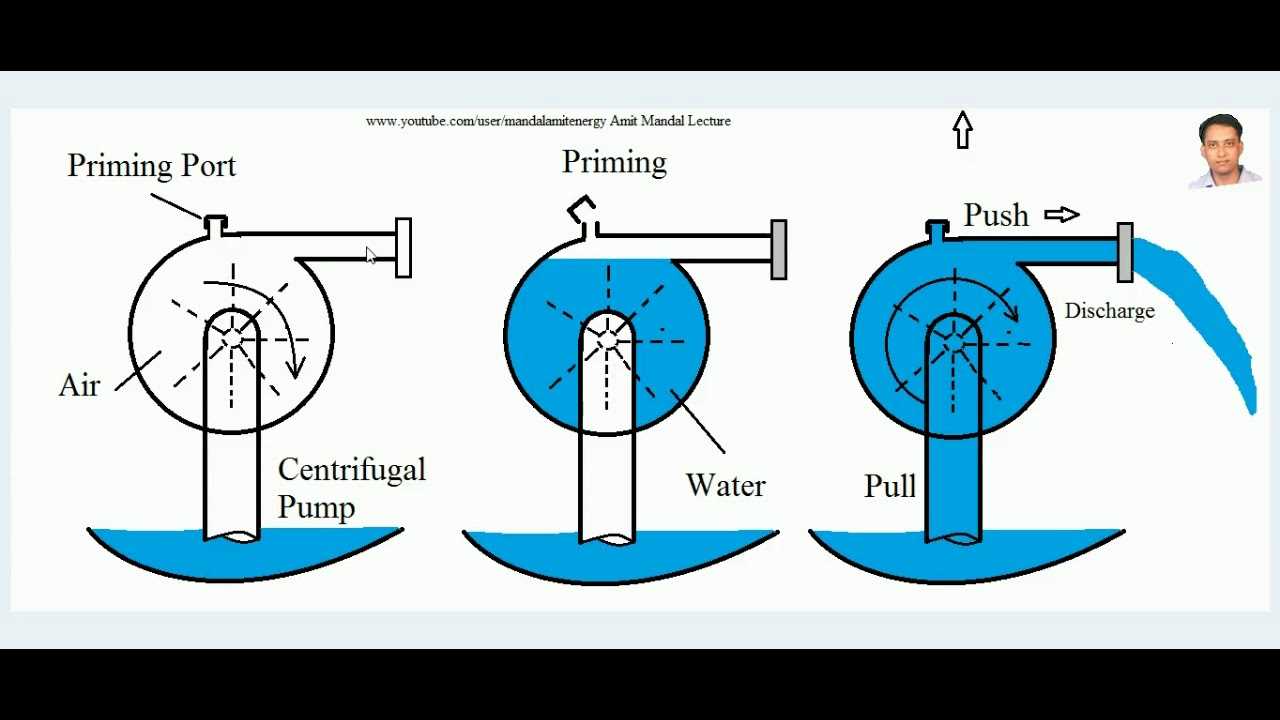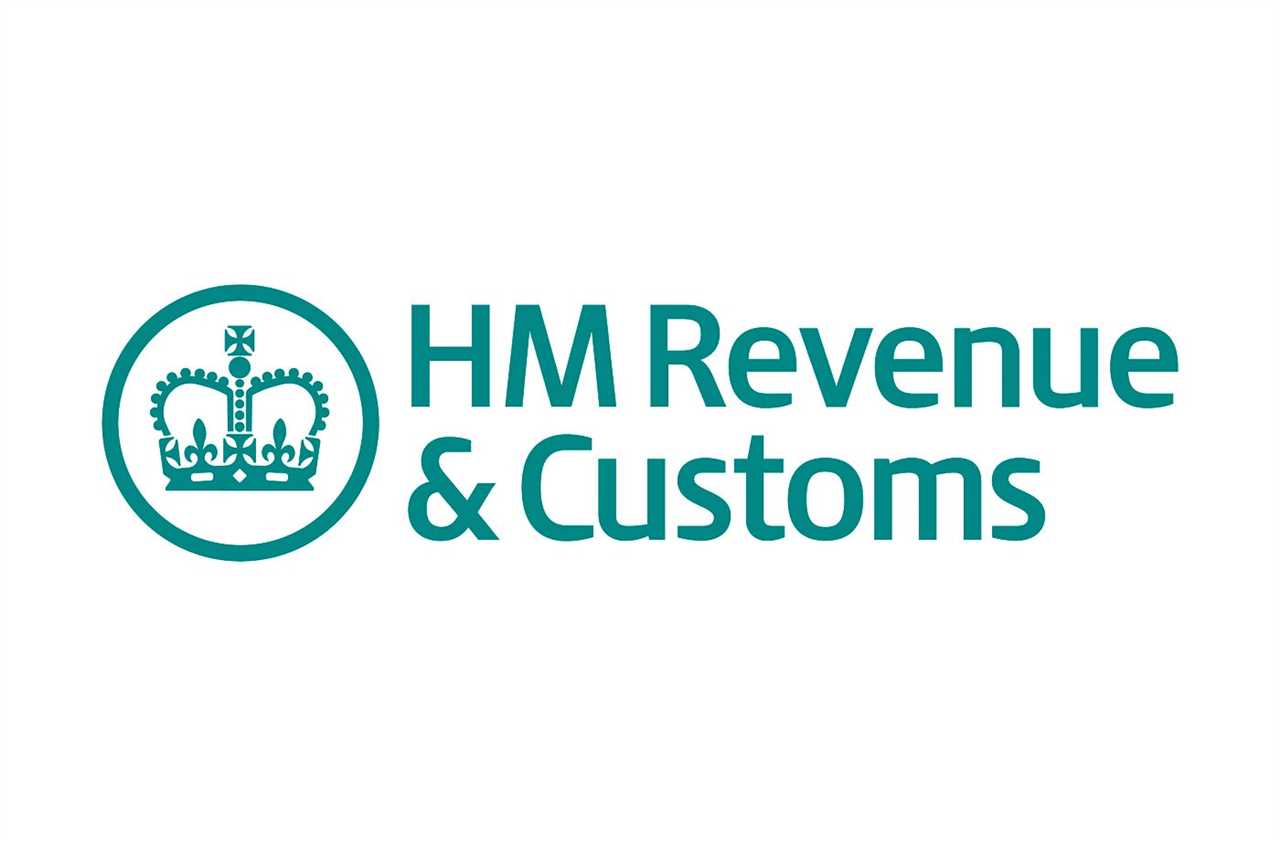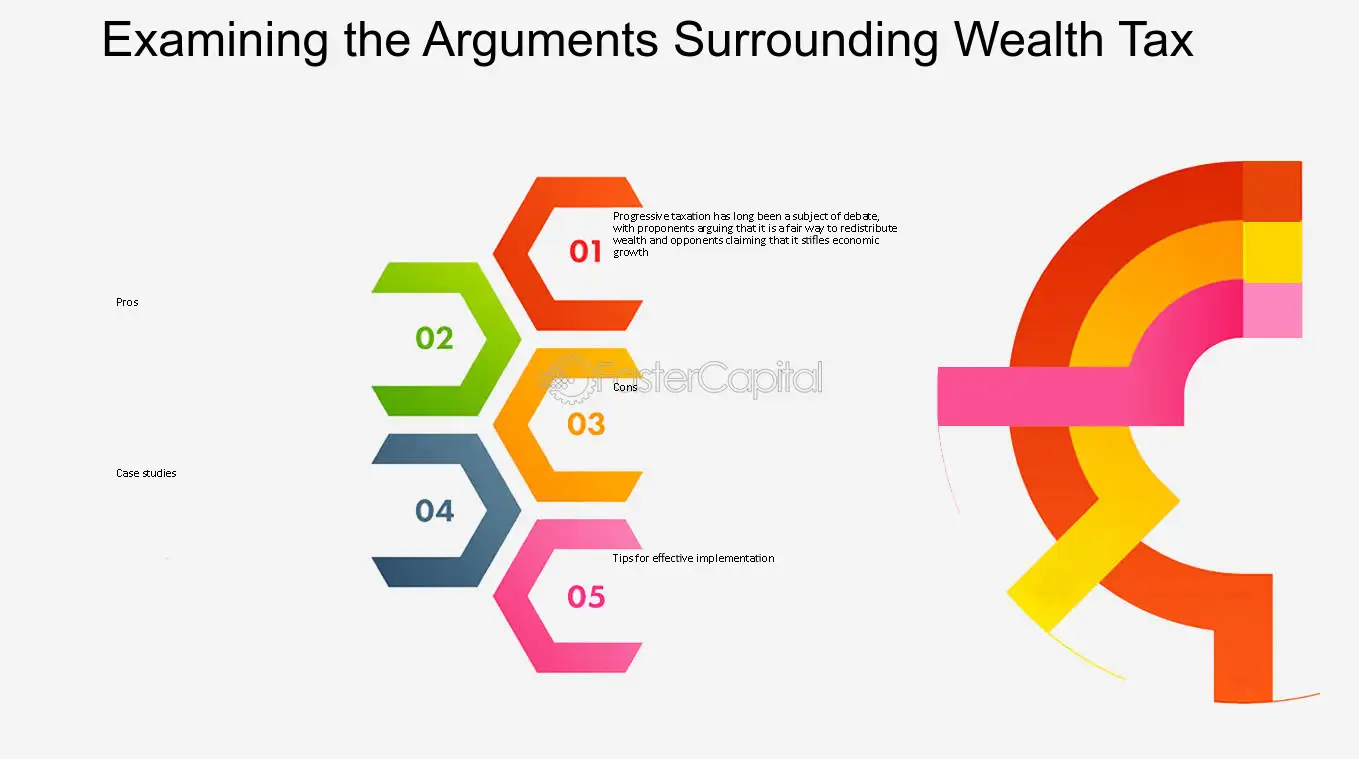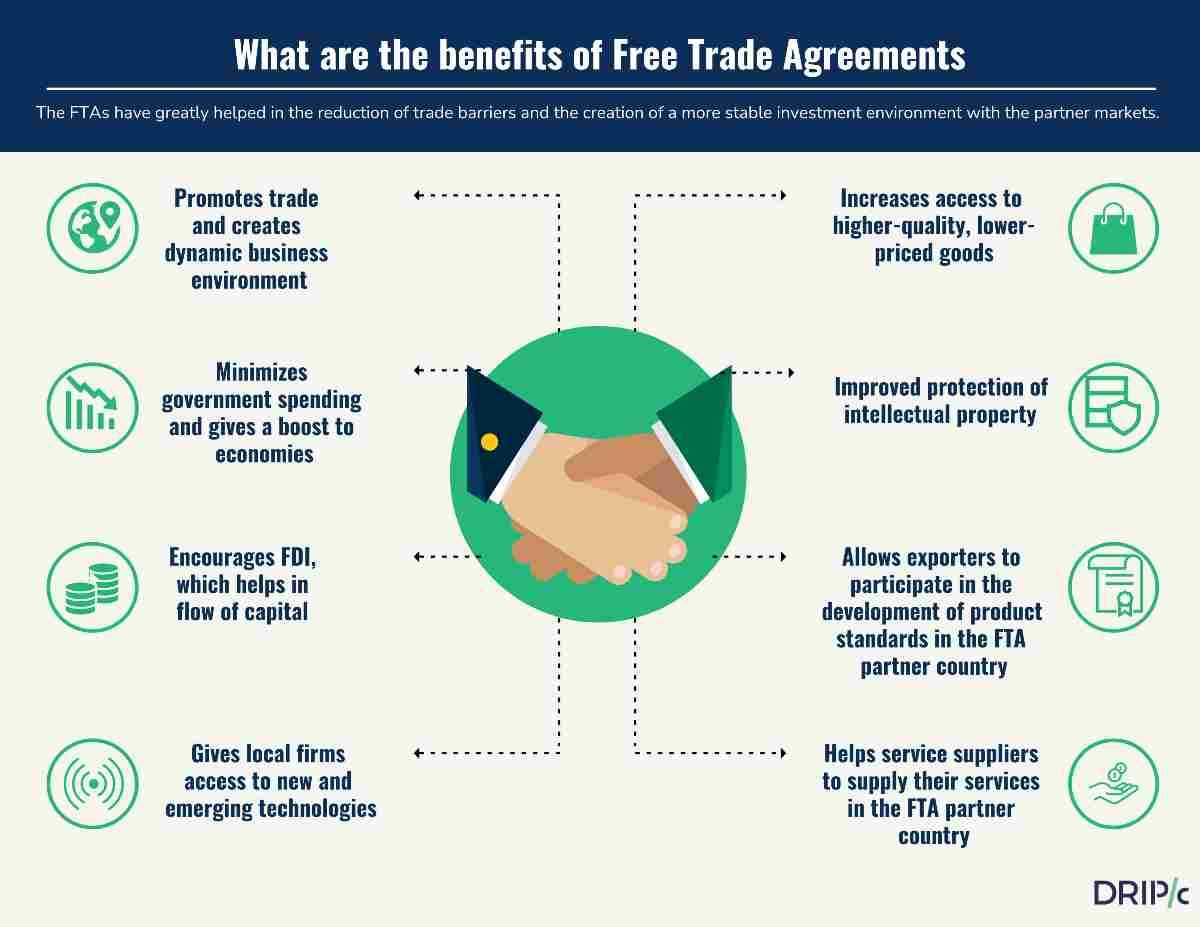What Is Double Taxation and How Does It Work
What Is Double Taxation? Double taxation is a term used to describe the situation where an individual or a company is taxed twice on the same income or asset by two different tax authorities. This can occur when there is a conflict between the tax laws of two countries or … …





